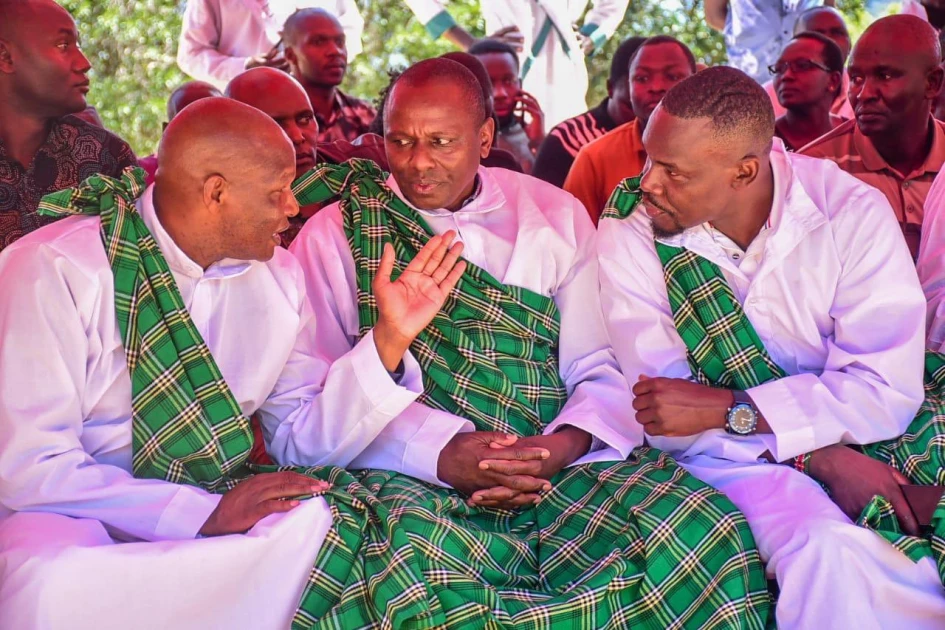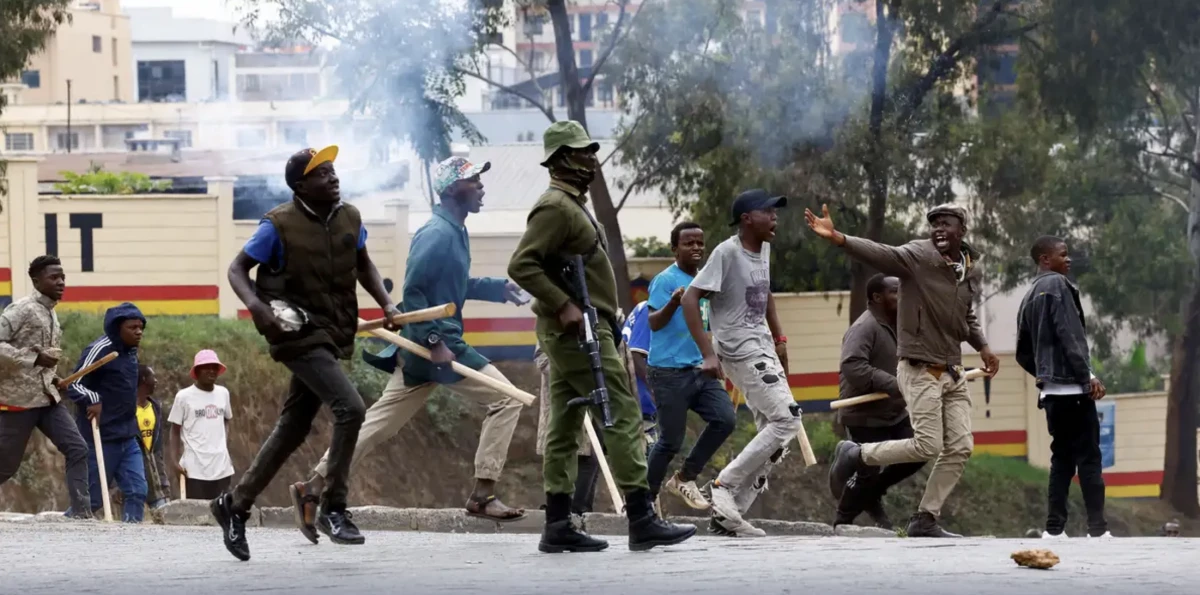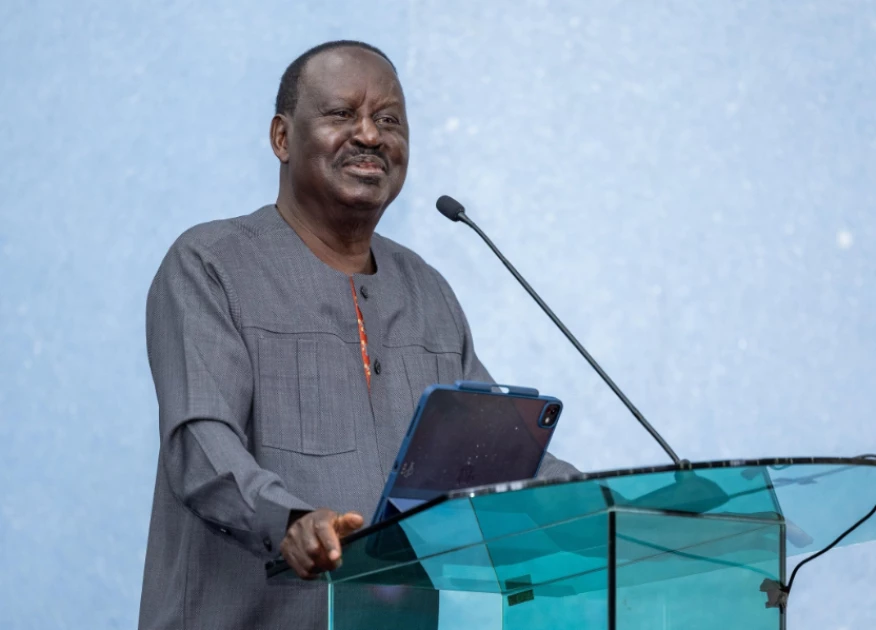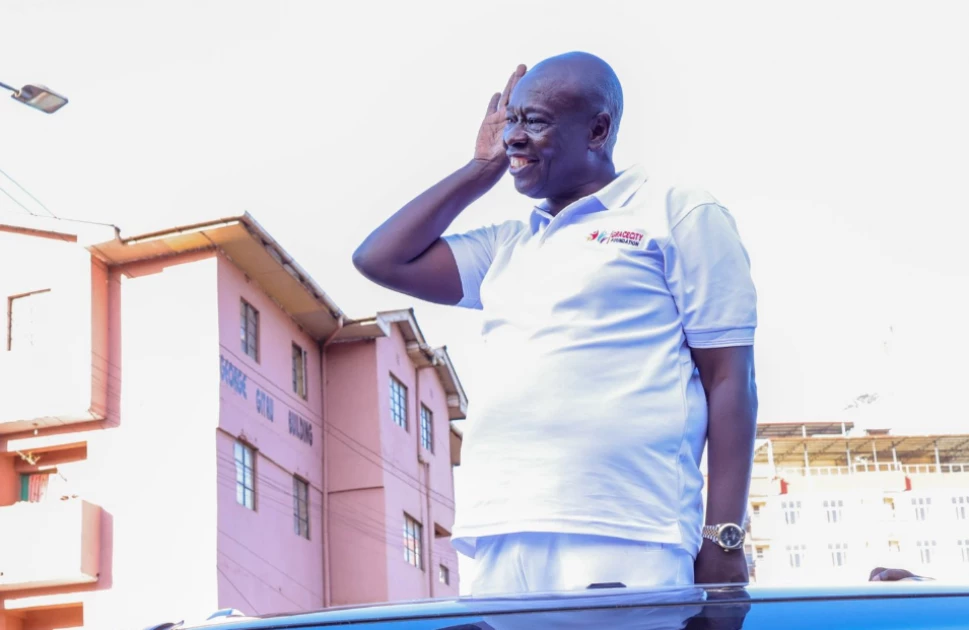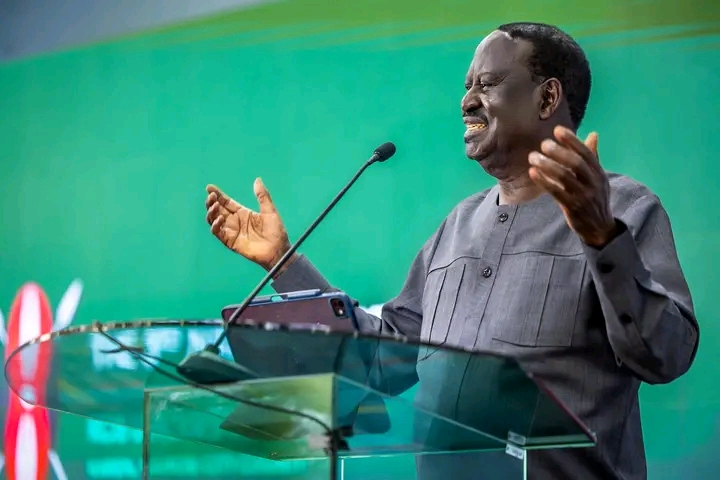Charlene Ruto Calls for Generational Ceasefire, Urges Millennials to Step Up as Mediators in Youth-Elder Tensions
Charlene Ruto has called for a generational ceasefire between Gen Z and older Kenyans, urging millennials to mediate the growing tensions. She blamed rising radicalism and instability on lack of guidance and toxic protest culture. Her remarks come amid youth-led demonstrations over governance and economic hardship.
In a powerful and emotionally charged statement released on Friday, Charlene Ruto—daughter of Kenya’s President William Ruto—has called for an immediate end to what she described as a growing and dangerous generational conflict between Kenya’s Gen Z youth and the nation’s elder population. Addressing the nation at a time of heightened political unrest, Charlene made a compelling plea for peace, understanding, and unity, particularly urging millennials to rise and play their pivotal role in healing the widening social rift.
Charlene began her address by acknowledging the legitimate frustrations voiced by Kenya’s youth, particularly Generation Z, who have taken to the streets and digital platforms in protest over issues such as poor governance, economic hardship, unemployment, and lack of accountability. However, she also voiced concern over the methods being used to express this discontent—methods which, she warned, risk escalating into dangerous forms of radicalism.
A central part of her message was directed at millennials, whom she said are uniquely positioned to act as a “bridge generation.” According to Charlene, millennials—who understand both the mindset of Gen Z and the values of older generations—have so far failed to step into leadership and mentorship roles during these critical times.
“We as the older brothers and sisters who understand both generations have failed to mediate for peaceful coexistence,” she lamented. “We have not provided the leadership, clarity, and guidance that these tough times demand. Instead of showing our young people constructive and peaceful alternatives, we have left them to navigate a chaotic and often toxic environment alone.”
Charlene’s statement was not just a lament—it was also a warning. She spoke strongly against what she described as the normalization of toxic online culture, which includes cyberbullying, revenge narratives, cancel culture, and what she termed “rage hunting.” These behaviors, she cautioned, are not only divisive but also serve to radicalize the youth and risk pushing the country toward deeper political and social instability.
“It’s time we embrace a generational ceasefire immediately,” she said with urgency. She proposed a national initiative geared toward restoring calm and encouraging solution-driven dialogue. Rather than confrontation, she called for collaboration—across generations and sectors. She recommended structured inter-generational dialogues, forums for youth to air grievances constructively, and policy engagement platforms that focus on meaningful reform instead of public disorder.
“Violence, revenge, rage hunting, cancel culture, hooliganism, cyber bullying and violent riots will only erode our national culture, radicalize our youth and induce dangerous instability,” she warned.
Charlene’s remarks come amid a period of growing protests across Kenya, particularly among young people who have become increasingly vocal about poor leadership, youth unemployment, corruption, and rising economic inequality. The Gen Z-led demonstrations have also been shaped by a unique form of digital activism that blends humor, memes, and sharp criticism—often targeted at government officials and the political elite.
While some critics have dismissed Charlene’s comments as a PR move or an attempt to deflect criticism from the government, others have welcomed her intervention as a bold and needed step. Many Kenyans, especially online, are now engaging in heated debates over the role of different generations in the current unrest—and whether a path to unity and reform is truly possible.
Her statement has also reignited discussion about the responsibility of political families to listen, not just speak. By speaking out, Charlene has entered a sensitive but vital conversation that many believe must now lead to genuine change, particularly in how the state engages with young people.
As Kenya stands at a political crossroads, Charlene Ruto’s call for peace, unity, and generational responsibility may serve as a wake-up call to the entire nation—urging leaders, citizens, and especially millennials to step up and guide the country toward a more stable, inclusive future.




.webp)
